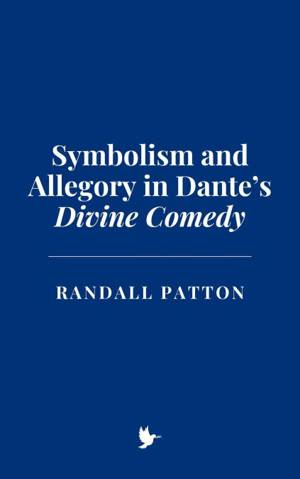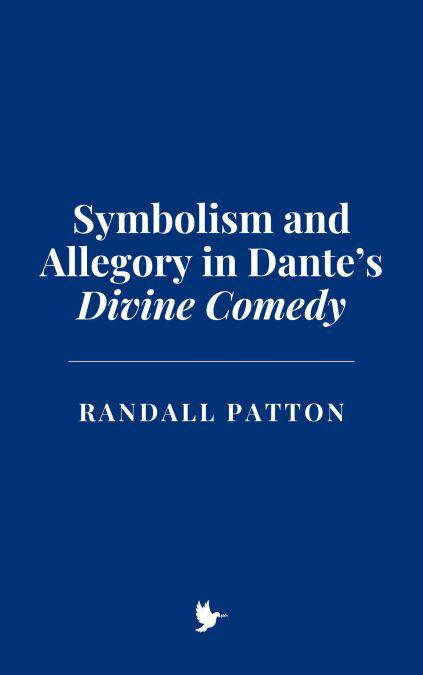
- Afhalen na 1 uur in een winkel met voorraad
- In januari gratis thuislevering in België
- Ruim aanbod met 7 miljoen producten
- Afhalen na 1 uur in een winkel met voorraad
- In januari gratis thuislevering in België
- Ruim aanbod met 7 miljoen producten
Omschrijving
Dante Alighieri's Divine Comedy is one of the most revered works of Western literature, blending the poet's personal experiences with profound theological and philosophical insights. Written between 1308 and 1320, the Comedy is an allegorical narrative that follows Dante's journey through Hell (Inferno), Purgatory (Purgatorio), and Heaven (Paradiso), guided first by the Roman poet Virgil and later by his beloved Beatrice. The work's enduring legacy lies not only in its literary beauty but in its rich layers of symbolism and allegory, which explore deep moral, spiritual, and metaphysical questions.
The allegorical nature of the Divine Comedy cannot be overstated. On the surface, it is the story of one man's descent into Hell, ascent through Purgatory, and final arrival in Heaven, but beneath that narrative lies a complex web of symbolic and theological meanings. Each of the three realms Dante visits serves as a stage for exploring the consequences of sin, the process of purification, and the ultimate reward of salvation. Through this structure, Dante invites the reader to consider not only the fate of individual souls but the broader cosmic order, where divine justice governs the human experience.
Specificaties
Betrokkenen
- Auteur(s):
- Uitgeverij:
Inhoud
- Taal:
- Engels
Eigenschappen
- Productcode (EAN):
- 9798230196099
- Verschijningsdatum:
- 16/02/2025
- Uitvoering:
- E-book
- Formaat:
- ePub

Alleen bij Standaard Boekhandel
Beoordelingen
We publiceren alleen reviews die voldoen aan de voorwaarden voor reviews. Bekijk onze voorwaarden voor reviews.









